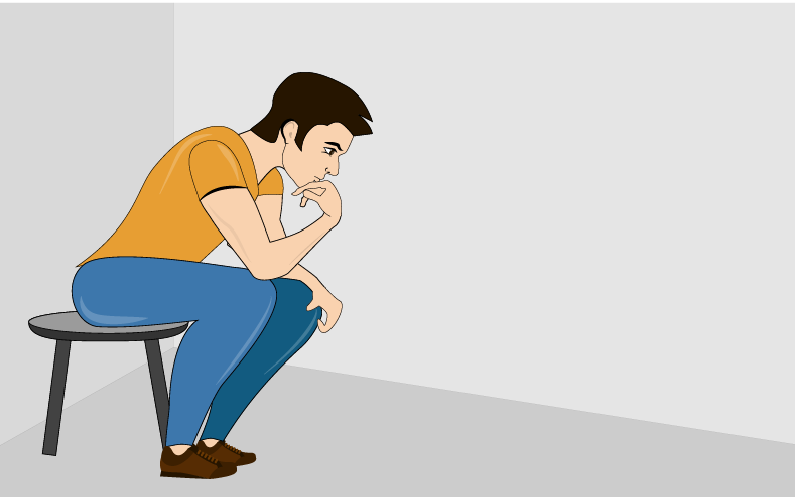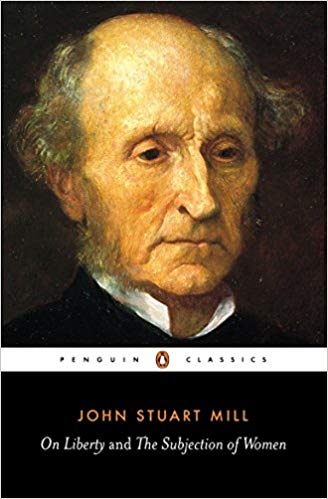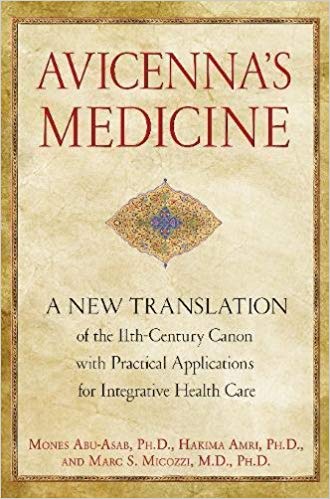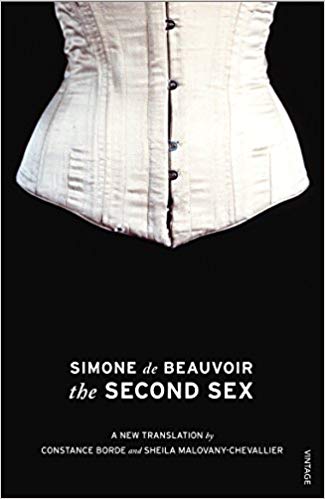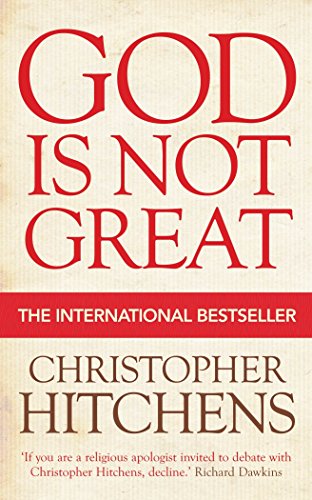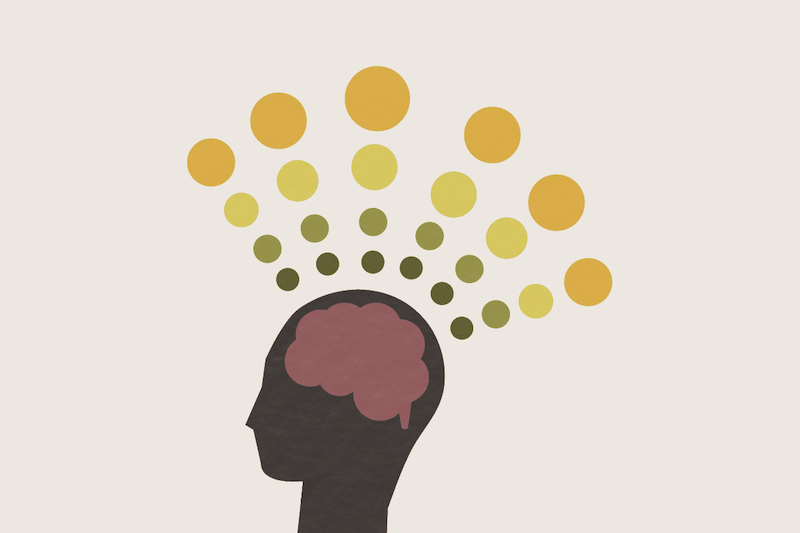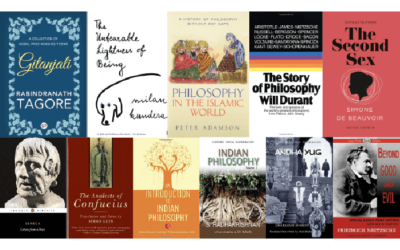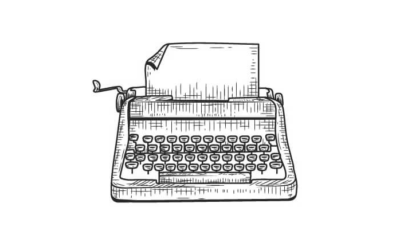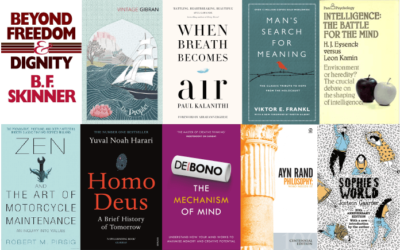Feature
Why (And How) You Should Read Philosophy

Devanshi Jain
November 29, 2018
For example, Ayn Rand was instrumental in helping me develop my own moral code. The Fountainhead upended my world view. From a deeper understanding of altruism and its potential pitfalls to how to manage expectations, I have picked what I think is good about Objectivism to make myself a better human being. Do I agree with her completely? No. Have I used her arguments and thought process to develop my own? Absolutely.
Every time I re-read The Fountainhead, I learn something new and have to question every thing I believe to be true and adapt it to the person who I am today. Similarly, The Art Of War has taught me important lessons despite being a military manual because if you read into it, it has applications that go far beyond war. You can apply it to business, to relationships, and to how you interact with the world.
Perhaps, that is what makes philosophy so fascinating. It is what you make of it. You understand what others have to say on a particular topic and then you decide whether you agree with it and want to apply it to your own life.
A study of philosophy is important to understand how human thought has evolved over time. Having said that, philosophy as a subject can be daunting not least because of a lack of understanding of the subject matter itself.
What Is Philosophy?
Philosophy comes from two Ancient Greek words: philo– which means loving, and sophia– which means wisdom. Simply put, philosophy is a love of wisdom. But, what does that really mean?
Philosophy intends to answer questions about our existence using tools like logic and reason. It is concerned with questions which range from how one should live to epistemology, from the fundamental nature of the world to the search for knowledge and truth. Philosophers have questioned the existence of God and religion, how politics is shaped and the very essence of free will and freedom. They have written about language, animal rights, aesthetics, law and justice. Chances are if you have a question, some student of philosophy has already sought to answer it.
Typically, philosophy requires you to reflect more than ‘do’ as the questions it seeks to answer tend to be abstract in nature. In spite of this, philosophers have contributed significantly to many fields- politics (J.S. Mill), mathematics (Pythagoras), medicine (Avicenna), and literature (Tagore) amongst others.
Despite its importance, you don’t often come across people who study it or apply its principles to their lives. Part of it has to do with its seemingly inaccessible nature with most people considering it too serious or complicated a subject to really bother with. This couldn’t be further from the truth as even the most basic understanding of philosophy can change how you approach life. What better way to gain this understanding than to read philosophical books?
Why You Should Read Philosophy?
Since logic and reason are the cornerstones of philosophy, taking the time out to read books on the subject can help you become a better thinker and evolve your ability to reason. You will be able to understand the assumptions behind arguments, identify fallacies in the reasoning and also form and form your own reasoned out opinion on the subject at hand.
You’ll also be exposed to alternate points of view. Simone de Beauvoir’s The Second Sex is a classic example of this with radical ideas like how motherhood makes it possible for men to dominate women or that “to ask two spouses bound by practical, social and moral ties to satisfy each other sexually for their whole lives is pure absurdity.” Whether you agree with her or not, you will definitely find yourself questioning whether marriage is the right choice for you or if you seek to become a mother it is because you truly want to or if it’s because of societal expectations. Exposing ourselves to different points of view not only help us question the assumptions by which we’ve lived our lives but also show us the gaps in our thought process.
A study of philosophy will help you develop critical thinking skills. It will encourage you to understand the constraints you operate within when you make certain choices or even when you decide which goals you should pursue. You will be able to think intelligently of how you live and why you live that way. Concepts like correlation and causation will become clearer and you will be able to make better deductions and inferences.
Philosophy will make you question everything. According to Aristotle, philosophy begins with wonder. It is only when we begin to wonder about something that we go on a search for answers to questions which matter to us. For example, questioning the importance of religion or the existence of God could lead you down a rabbit hole where you find yourself searching for evidence which either confirms or disaffirms your view on the subject. Maybe you’ll discover Christopher Hitchens or Richard Dawkins or perhaps, you’ll decide to explore religious philosophy like Jain or Buddhist philosophy to see what truly resonates with you.
Philosophy will make you curious. As you explore philosophy, you’ll find that there are no right answers. Just when you find one answer, you’ll realise that there are many other possibilities out there. The more you study, the more your view will become nuanced and your reasoning behind it will become more solid. Paradoxically, you’ll also become more willing to change your viewpoint as you delve into a particular topic.
How To Read Philosophy
While reading philosophy, even if it is philosophical fiction, you have to give yourself the time to understand the material. The books can be dense and you may need to re-read the same sentence, passage or page more than once to truly comprehend what the philosopher is saying. While it may take you a minute to read a page from a ‘regular’ book, it might take you tens of minutes to comprehend one page from a philosophy book. A 120-page book may take you weeks as you find yourself ruminating over what you’ve read.
A great way to understand and think about what you read is to annotate and make notes. What is the main idea? What is your conclusion? Do you agree with the argument? Is there any follow-up research you need to do? Are there any other books about the same subject that you should read? What questions are answered and which new ones are raised. Highlight passages which you want to remember, question or revisit.
Another great way is to write out your own thoughts on the subject. What do you agree with? What do you disagree with? What is your own conclusion and the rationale behind it? Since philosophy relies on logic, you have to be able to provide cogent arguments for your conclusion. Revisit them later to find flaws in them especially once you’ve read a different work which makes you rethink your views.
Discuss what you are reading with others. There are many online fora and discussion groups, where ardent students of philosophy engage in arguments and discussions on their interpretation of philosophical works.
Most importantly though, do not limit yourself to a particular school of philosophy. Read the stoics but also try your hand at something unusual- say Islamic philosophy. If you don’t expose yourself to different schools of thoughts, you are not gaining everything philosophy has to offer.
(Image via ThoughtCo)
Philosophy is important if you want to understand yourself and the world you live in. Be warned though, while it is unlikely to have all the answers, it will make you ask questions. And then, it will give you the tools you need to find your own answers to them. If nothing else, it will make you a more rationale and reasonable human being who is constantly trying to evolve and is able to adapt to change, disagreement and dissent with more ease.

Devanshi has been reading ever since she can remember. What started off as an obsession with Enid Blyton, slowly morphed into a love for mystery and fantasy. Even her choice of career as a lawyer was heavily influenced by the works of Erle Stanley Gardner and John Grisham. After quitting law, and while backpacking around India, she read books on entrepreneurship, taught herself web design and delved into social media marketing. She doesn’t go anywhere without a book.
She is the founding editor of The Curious Reader. Read her articles here.

